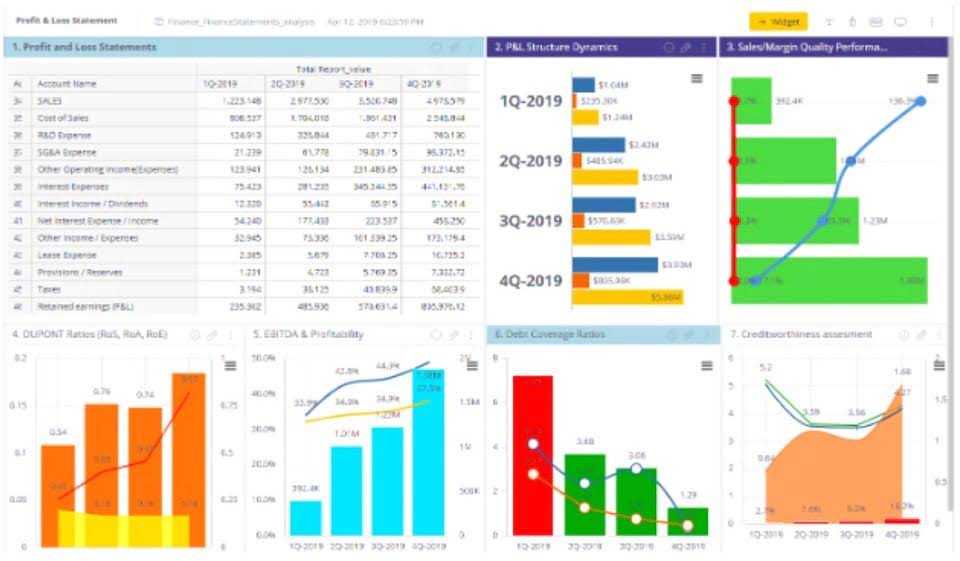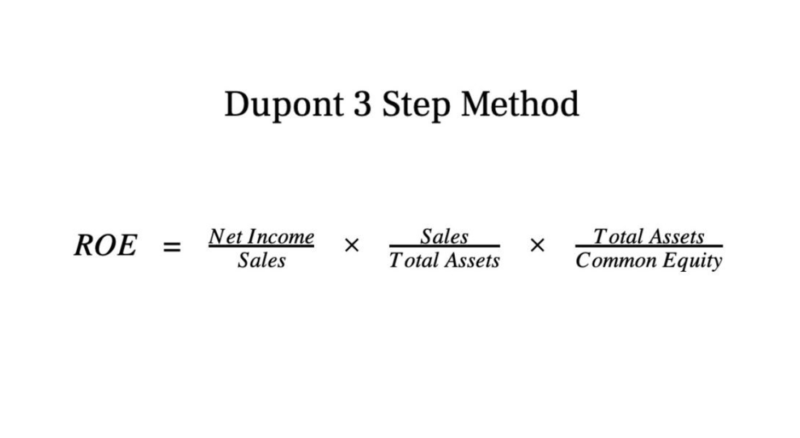
Taking the next step in maintaining your company’s records can seem daunting, but there are plenty of options available that will make it easier for you to stay focused on growing normal balance your business. Bookkeepers and accountants work together by handling complementary tasks that support a business’s financial health. If you already use specific tools to manage your books, you’ll want to discuss those tools with any bookkeepers or accountants you consider working with to ensure they’re familiar with them. And a Certified Public Accountant, or CPA, is an accountant who has taken a test called the Uniform CPA Examination and met your state’s requirements for state certification.
Organizations
- By maintaining accurate and up-to-date records, bookkeeping establishes the basis for reliable financial information and subsequent analysis.
- Inventory management systems and periodic physical counts can help small businesses maintain accurate inventory records and ensure proper financial reporting.
- Since bookkeeping is a more straightforward process than accounting, it is something that many people can (and do) opt to take care of themselves.
- To qualify for the title of an accountant, generally an individual must have a bachelor’s degree in accounting.
The magic happens when our intuitive software and real, human support come together. Accountants and bookkeepers collaborate to establish internal controls and mitigate financial risks. They assess the effectiveness of existing rules, identify gaps or weaknesses, and implement necessary improvements. Accountants usually need at least a bookkeeping services bachelor’s degree in accounting or a related field, such as finance. Some accounting positions may require a master’s degree (e.g., Master of Accounting or Master of Business Administration). In contrast, with this information, accounting can generate reports that are helpful in decision-making, forecasting, and compliance.
Is hiring both an accountant and bookkeeper necessary?

If you’re willing to take on the responsibility, you can do your own bookkeeping! Accountants tend to have specialized knowledge that helps them look at the ‘big picture’ of your business finances and make recommendations. While only 30% of small businesses surveyed reported working with an accountant, those who do cite accountants as their most important advisors.
- If you find someone who is a good fit for your business needs, it doesn’t matter if they are in California while you work from New York.
- As a business leader, you should have a good idea of which professionals best suit the needs of your company.
- A bookkeeper is a professional who records a business’s financial transactions, such as sales, purchases, payments, and receipts.
- Bookkeepers generate basic financial reports, including income statements, balance sheets, and cash flow statements.
- If you’re looking for a trusted partner to handle both your bookkeeping and accounting needs, consider The Pro Accountants.
Bookkeeper shares 4 tips to help small business owners manage their books
The content of this blog post is for informational purposes only and does not constitute accounting, tax, business, or legal advice. If you’re searching for accounting software that’s user-friendly, full of smart features, and scales with your business, Quickbooks is a great option. Novo Platform Inc. strives to provide accurate information but cannot guarantee that this content is correct, complete, or up-to-date. This page is for informational purposes only and is not financial or legal advice nor an endorsement of any third-party products or services. Novo Platform Inc. does not provide any financial or legal advice, and you should consult your own financial, legal, or tax advisors.

Benefits of Professional Services
Bookkeepers are responsible for recording and organizing financial transactions on a day-to-day basis. Accountants analyze financial data Legal E-Billing and provide insights into the financial performance of a business. They interpret financial statements, identify trends, and help management understand the implications of the numbers.

A bookkeeper usually performs these steps, however, an accountant may step in to complete these tasks, or oversee them as they’re completed by the bookkeeper. Most importantly, your accountant is a valued advisor who can help you with important decision-making. If you’re considering purchasing new equipment or taking out a line of credit, for example, your accountant can help you determine the financial ramifications your decision can have. Certified Public Accountants can look at how your business is structured and advise you on how to best set it up.


The art of bookkeeping has come a long way from the very manual way of recording everything in physical ledgers. The world has expanded thanks to software like Easybooks, QuickBooks, Xero, and even Zoho Books which helped shift the industry. Accountants help with budgeting and financial forecasting, providing insights into your business’s future performance and helping you make informed financial decisions. If your business has complex tax needs or you’re unsure about tax regulations, hiring an accountant can ensure compliance and help with tax planning, potentially saving you money in the long run. During tax time, the roles of bookkeepers and accountants differ significantly in scope and responsibility. This individual usually holds an accounting degree and is registered as a certified public accountant (CPA).
Our expert CPAs and QuickBooks ProAdvisors average 15 years of experience working with small businesses across various industries. The double-entry system of bookkeeping is common in accounting software programs like QuickBooks. Then they create a second entry to classify the transaction on the appropriate account.
- Bookkeepers ensure these buckets are properly categorized and meticulously record every deposit and withdrawal.
- Typically, bookkeepers aren’t required to have any formal credentials or licenses.
- Small business owners often lack the expertise and knowledge in bookkeeping and accounting.
- The service you decide to use depends on the needs of your business and may include extra features such as payroll or tax documents.
- To make things easier, many companies opt to use bookkeeping software to keep track of their financial history.
Bookkeeping tasks provide the records necessary to understand a business’s finances as well as recognize any monetary issues that may need to be addressed. Proper planning and scheduling is key since staying on top of records on a weekly or monthly basis will provide a clear overview of an organization’s financial health. For many businesses, especially those without the resources to hire in-house accounting and bookkeeping teams, outsourcing these services can be a highly efficient solution. Companies like Swivel Finance offer a full suite of accountancy and bookkeeping services, providing business owners with the expertise and support they need to manage their finances effectively. Bookkeeping is focused on the recording and organizing of financial data, while accounting involves interpreting, analyzing, and presenting that data to make strategic decisions. When it’s finally time to audit all of your transactions, bookkeepers can produce accurate reports that give an inside look into how your company delegated its capital.
